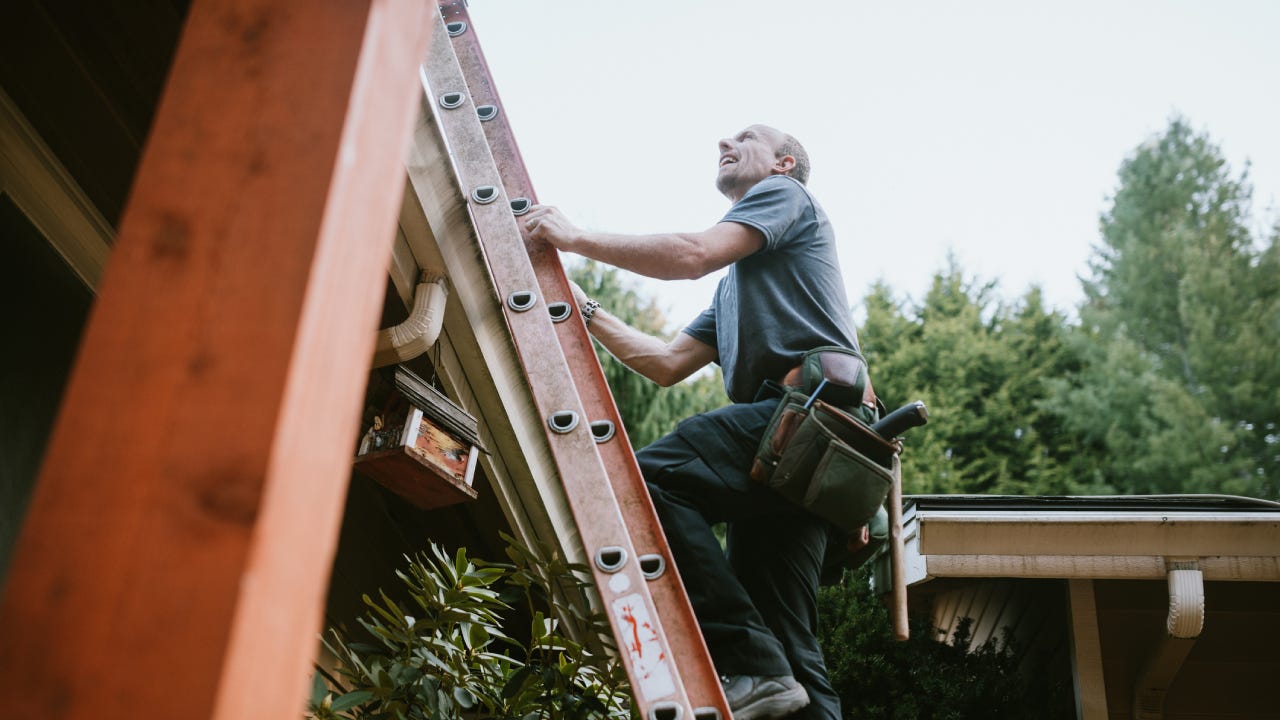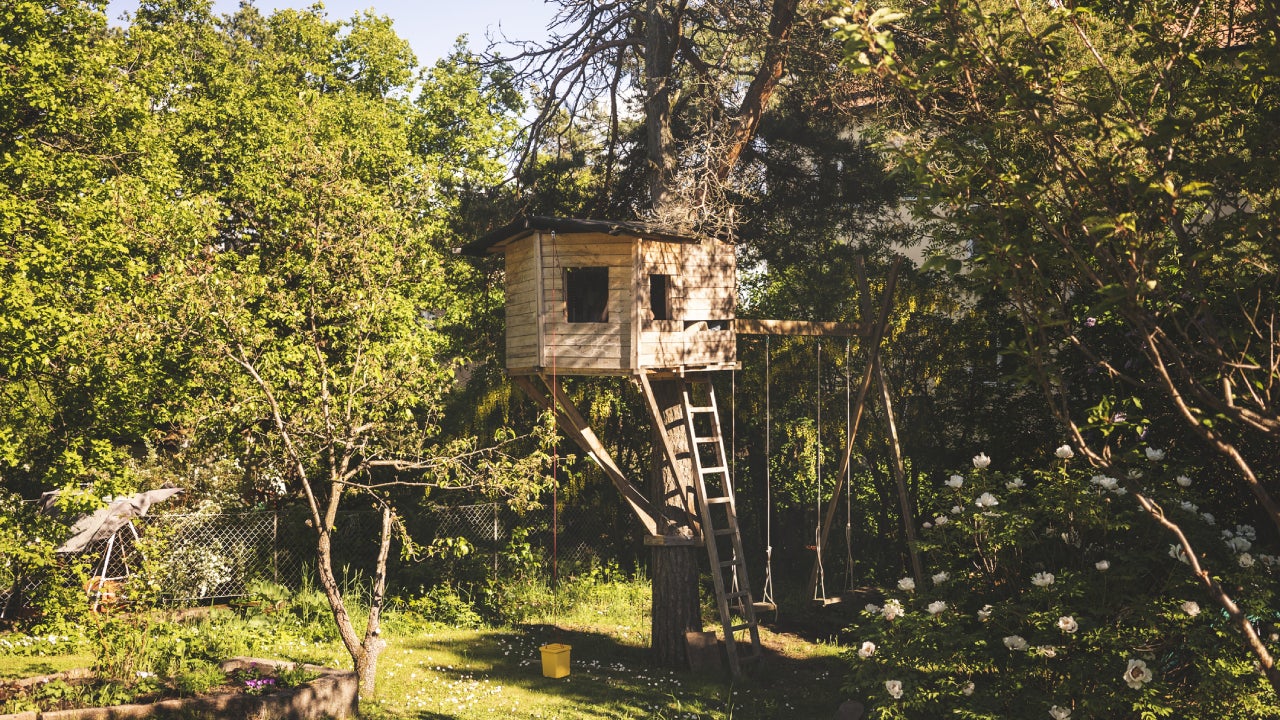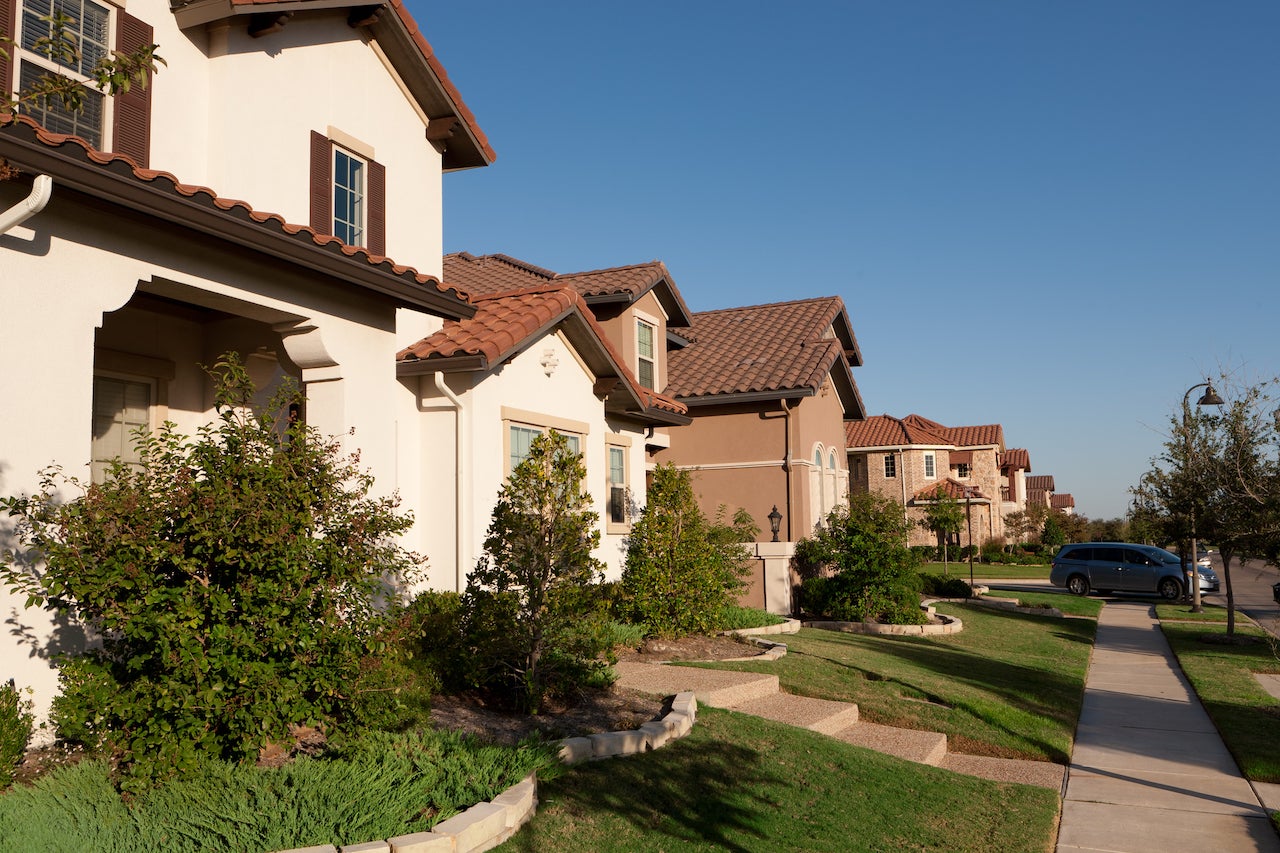Roof inspections: What homeowners should know




Key takeaways
- Your insurance company may require a roof inspection.
- Roof inspectors assess the condition and remaining lifespan of the roof to inform insurance coverage and premiums.
- Roof inspections are different from home inspections and are usually paid for by the insurance company.
- A failed roof inspection for insurance may result in policy cancellation or exclusions, while a passed inspection may lead to discounts on insurance premiums.
If you own a home, chances are you’ve had your roof inspected. During an inspection, a licensed inspector assesses the integrity and general condition of your roof. In some cases, you may need a roof inspection before an insurer agrees to write you a policy.
What the roof inspector finds can help you and your insurer evaluate how long your roof will likely last before needing repairs or replacement. This, in turn, often helps to inform aspects of your policy and the premium you can expect to pay.
What is a roof inspection?
Once you secure your home insurance policy, it’s not uncommon for your insurer to send someone out to your property for an inspection within the first 30 to 60 days of the policy period. Part of this inspection includes looking at your roof.
By inspecting your roof, your home insurance company can determine what it would cost to repair or replace it should you need to file a roof claim, as well as how many years of life your roof may have left. If your roof is in poor condition, you will probably pay a higher premium, or you may even have some difficulty getting your home insured until you repair or replace it.
Although an inspector may actually climb onto your roof, often with a roof inspection for home insurance, the inspector is able to ascertain your roof’s condition from the ground or on a ladder. During a professional roof inspection, drones might be used to view your roof, so the inspector may not need physical access to the roof at all.
A roof inspector is looking at more than just the shingles. Your roof has other components in addition to its protective layer. An inspector also looks at the condition of the following during an inspection:
- Roofing material (shingles, metal, etc.)
- Flashing (waterproof barrier)
- Gutters
- Vent pipe covers/ boots
- Caulking
- Overhanging tree branches
- Signs of water intrusion/ mold
It’s also possible that an inspector will want to evaluate your plumbing, wiring and other features near your roof.
Before you purchased your home, you probably requested a home inspection. This kind of inspection gives a buyer greater insight into a home’s condition. That way, they can negotiate the selling price if needed. An insurance inspection, however, is for the insurance company to get a better understanding of how risky a property is to insure. If a home has a 30-year-old roof, for instance, that will likely make the policy more expensive. Or, if there is damage that wasn’t disclosed during the initial policy application, that may make your insurer think twice before writing you a policy.
There’s also a distinction in who pays. A potential homeowner typically pays for a home inspection, while your insurance company covers an insurance inspection.
Do you need roof inspections for home insurance?
Roof inspections can expose vulnerability. Your roof is your home’s first line of defense against nature. No matter the weather, your roof needs to be reliable. If it fails, it can cause a domino effect of other issues within your home — including roof leaks and interior water damage, which could mean expensive insurance claims. Your insurance is designed to help protect your finances from certain losses, but insurance companies still expect you to mitigate as much damage as you can. This includes keeping your roof in good condition.
Why your insurance may request an inspection
There are a couple of key numbers in your home insurance policy. One of them is what it would cost to rebuild your home if it is completely destroyed in a covered claim. If your home is insured at replacement cost value (RCV), as opposed to actual cash value (ACV), your home insurance company will likely send someone out to determine what it would cost to replace your roof, should the need arise. Insurance companies also tend to inspect homes that are older, very high-value or in areas prone to wind damage.
You may be required to get your roof inspected:
- When buying a home
- If switching to a new home insurance company
- After a storm, if there’s concern about potential damage
When estimating the coverage you need, keep in mind that standard homeowners insurance policies generally come with actual cash value roof coverage. This means that depreciation is taken out of any claim settlement you get; if your roof is in poor condition, your claim payout will be less than what it would be if your roof were in pristine shape. In other words, the insurance company will only pay for what the roof is worth at the time of the claim, not the actual cost to replace it with a new one. If you want replacement cost coverage for your roof, you may be able to add it by endorsement. Just be aware that replacement cost coverage generally costs more than ACV coverage.
I’ve been in the same house for 17 years. After some pretty significant storms, many of my neighbors had their roofs inspected by their home insurance companies to get their roof claims approved. We had our insurance company inspect our roof twice, but both times they said there wasn’t enough damage to warrant filing a claim for a new roof. Later on, after another big storm, we had a roofer and an insurance inspector come out to give it a look. The inspector did a thorough job inspecting, and I was approved for a new roof.
— Bankrate staffer
The benefits of roof inspections
Separate from not needing to get on your roof yourself for evaluation, hiring a professional roofing contractor has many benefits. A roof inspector can typically spot the following:
- Damaged shingles
- Deteriorating flashing
- Gutter/ downspout issues
- Leaks
- Mold
- Wood rot
The earlier issues are discovered, the sooner you can fix them and potentially spare yourself the stress of further damage. The best part is that a required roof inspection should not cost you anything. If an insurance company has ordered an inspection as part of the underwriting or claims process, you typically won’t be required to pay for it out of pocket.
Regardless, having your roof inspected every few years may be a good idea. You’ll likely have to pay for a roof inspection that you initiate yourself, but it could help you earn a homeowners insurance discount and save money in the long run.
Plus, when you stay on top of your roof’s needs, you are more likely to increase its longevity. No roof lasts forever, but if you address hiccups as they arise, the chance of your roof experiencing a massive failure is greatly reduced.
Bottom line
A roof inspection for homeowners insurance can feel intimidating. However, there’s a silver lining. If you have a newer roof that’s in good condition, it’s possible your home insurance will reward you with a discount or lower rate.
Frequently asked questions
Why we ask for feedback Your feedback helps us improve our content and services. It takes less than a minute to complete.
Your responses are anonymous and will only be used for improving our website.
You may also like

Does homeowners insurance cover treehouses?

What is the 28/36 rule for home affordability?


